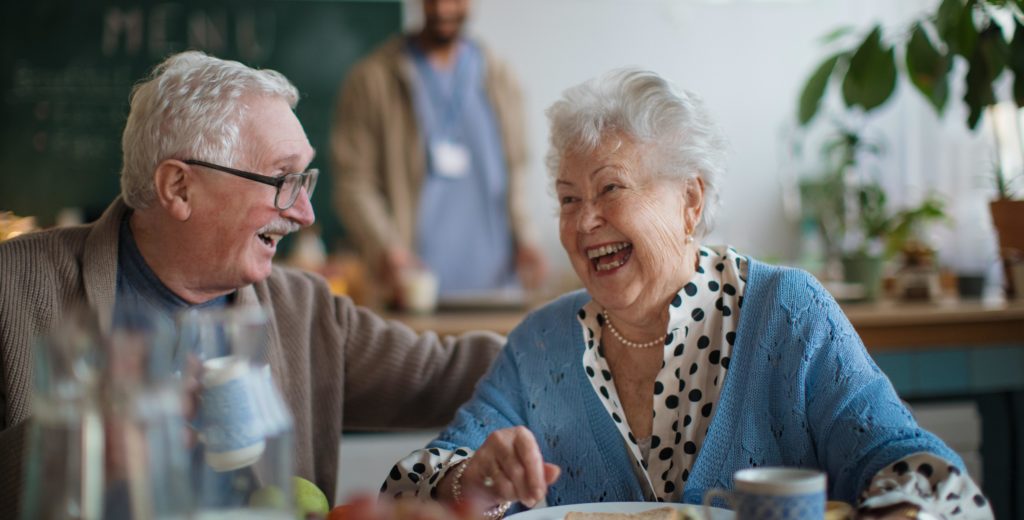
Top Tips For Keeping Your Elderly Parent Physically Active
As loved ones age, maintaining physical activity becomes increasingly vital to their overall health and well-being. Physical activity can help prevent common health issues associated with aging, such as cardiovascular disease, arthritis, and loss of muscle mass. Moreover, it promotes independence and enhances their quality of life. Below are some effective strategies to keep your elderly parent physically active.
Consult with a Healthcare Professional
Before embarking on any physical activity regimen, it’s crucial to consult with your parent’s healthcare provider. They can provide valuable insights into your parent’s specific health conditions, limitations, and any precautions to consider. This professional guidance will help you tailor an exercise plan to their individual needs. If they need to move somewhere with specialist care, such as fairviewcourt.co.uk, part of the care they will receive will focus on their activity levels.
Identify Suitable Activities
Choose activities that are suitable for your elderly parent’s fitness level and preferences. Walking, swimming, and gentle yoga are excellent choices for seniors as they are low-impact and unlikely to cause damage. Consider their interests and past physical activities to make the experience enjoyable and sustainable.
Create a Routine
As with everyone, a regular exercise routine is key to keeping your elderly parent physically active. Consistency is essential to reap the benefits of physical activity. Set a schedule that works for them and incorporates exercise into their daily or weekly routine.
Start Slowly
If your parent has been sedentary for a while, remember to start slowly and gradually increase the intensity and duration of their activities. This approach minimizes the risk of injury and allows them to build strength and stamina over time.
Encourage Social Engagement
Exercising with others can be motivating and enjoyable for seniors. Encourage your parent to participate in group activities or classes designed for their age group. This can include group walks, senior fitness classes, or even dance classes tailored to seniors. Social interaction adds a fun and social element to physical activity.
Set Realistic Goals
Help your elderly parent set achievable goals. Whether it’s increasing daily step counts, improving flexibility, or building muscle strength, having specific goals can provide motivation and a sense of accomplishment.
Focus on Balance and Flexibility
Balance and flexibility exercises are particularly important for seniors as they can help prevent falls and injuries. Incorporate exercises that enhance balance, such as standing on one foot or practicing Tai Chi. Stretching routines can improve flexibility and reduce the risk of joint stiffness.
Provide Adequate Support
Ensure your parent has the necessary support and equipment to engage in physical activities safely. This may include proper footwear, walking aids, or modifications to their home environment to reduce fall risks. Safety should always be a top priority.
Mix it Up
Variety is essential to keep exercise routines interesting and prevent boredom. Introduce different activities to keep your parent engaged. Consider alternating between cardiovascular exercises, strength training, and flexibility exercises to target different aspects of their fitness.
Offer Emotional Support
Lastly, provide emotional support and encouragement. Aging can bring about physical and emotional challenges, so being there for your parent and offering positive reinforcement can make a significant difference in their commitment to staying active.
In conclusion, keeping your elderly parent physically active is essential for their health and well-being. Physical activity not only contributes to their physical health but also enhances their mental and emotional well-being, allowing them to enjoy their golden years to the fullest.